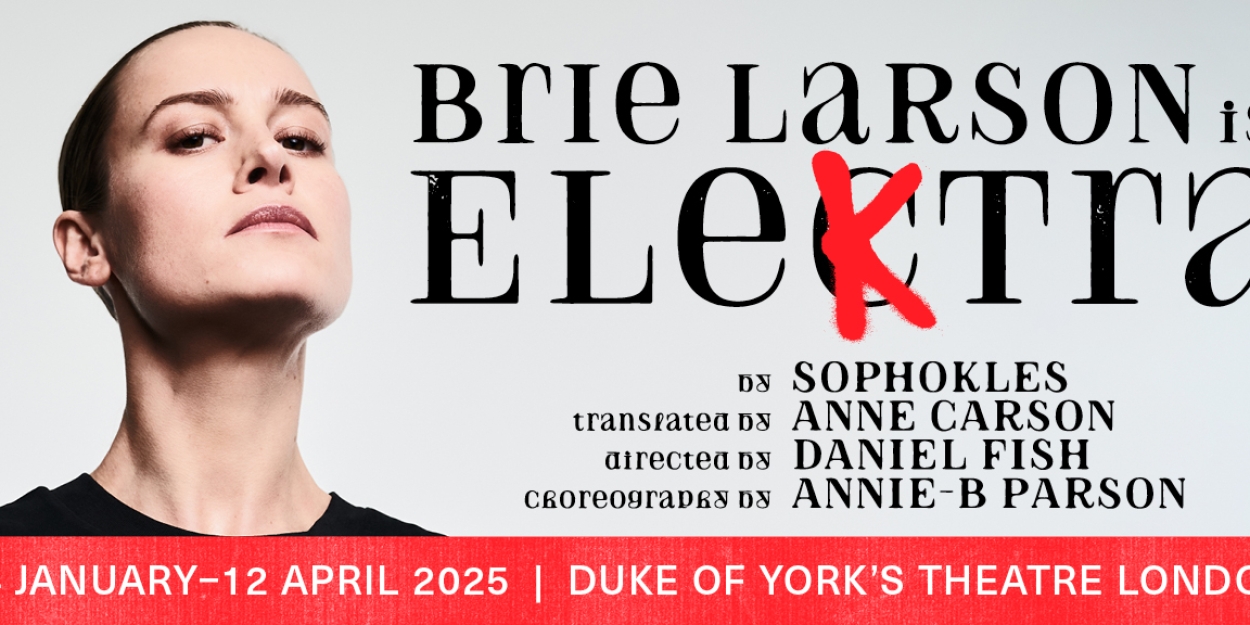This opera celebrates the centenary of Kafka's work with a faithful yet fresh and up-to-date adaptation.
The adaptation is based on the feeling of claustrophobia and adopts a feverish language, focusing on symbolic elements and expressionism.
As Gregor struggles to adapt to his new form, he faces rejection from those around him. His sister begins to resent his presence and consider him a burden, undergoing another kind of transformation in parallel.
As the staging is notoriously expressionist, the music uses the kind of atmosphere and tensions that take us to complex territories, especially when it expresses those diverse "metamorphoses" along the plot, taking us into an enormous emotional and psychological depth.
The music reflects the styles and currents of the first decades of the twentieth century, also adding modern techniques, such as negative harmony and other extended ones, but all under the omnipresent backbone of romanticism.
Ages: All ages, but mostly adults.







